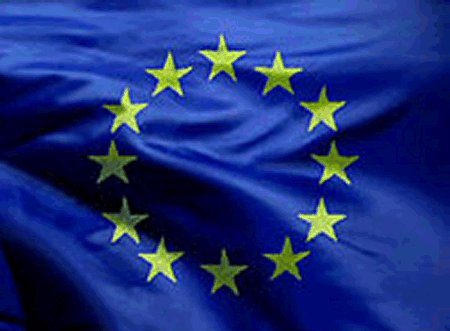The European Commission has requested Slovenia to notify within the next two months the measures it is taking to implement EU rules for defence procurement (Directive 2009/81/EC).
The Commission is concerned that Slovenia has failed to fulfill its commitments under the Directive regarding procurement of arms, munitions and war material (and related works and services) for defence purposes, as well as the procurement of sensitive supplies, works and services for security purposes.
If the Directive is not fully implemented in all Member States, companies and taxpayers are denied the benefits of easier access to a more open, transparent, pan-European defence market
The deadline for implementing the Directive in question was 20 August 2011. Slovenia has not yet communicated any measures to do so.
The Commission’s request takes the form of a reasoned opinion. If the Slovenian authorities do not notify the Commission of their implementing measures within two months, the Commission may refer the matter to the Court of Justice of the European Union and may request the Court to impose financial penalties.
Background Information
The Directive introduces the following measures at European level:
- fair and transparent rules to help companies access defence and security markets in other EU countries;
- flexibility for contracting authorities to negotiate in detail all features of complex contracts;
- the option for contracting authorities to require safeguards (from suppliers) to ensure the protection of classified information against unauthorized access and security of supply, which would help ensure that armed forces receive deliveries in time – particularly in times of crisis or armed conflict.
It covers specific security and defence procurement contracts for:
- military equipment and related works and services;
- sensitive security equipment works and services which involve access to classified information.
Procurement of non-sensitive and non-military equipment, works and services by contracting authorities in the fields of defence and security is covered by the general public procurement Directive 2004/18/EC.
Both Directives are subject to Article 346 of the Treaty, which means that national governments can exempt certain defence and security contracts in cases where the rules of Directive 2009/81/EC are not sufficient to safeguard their essential security interests.










